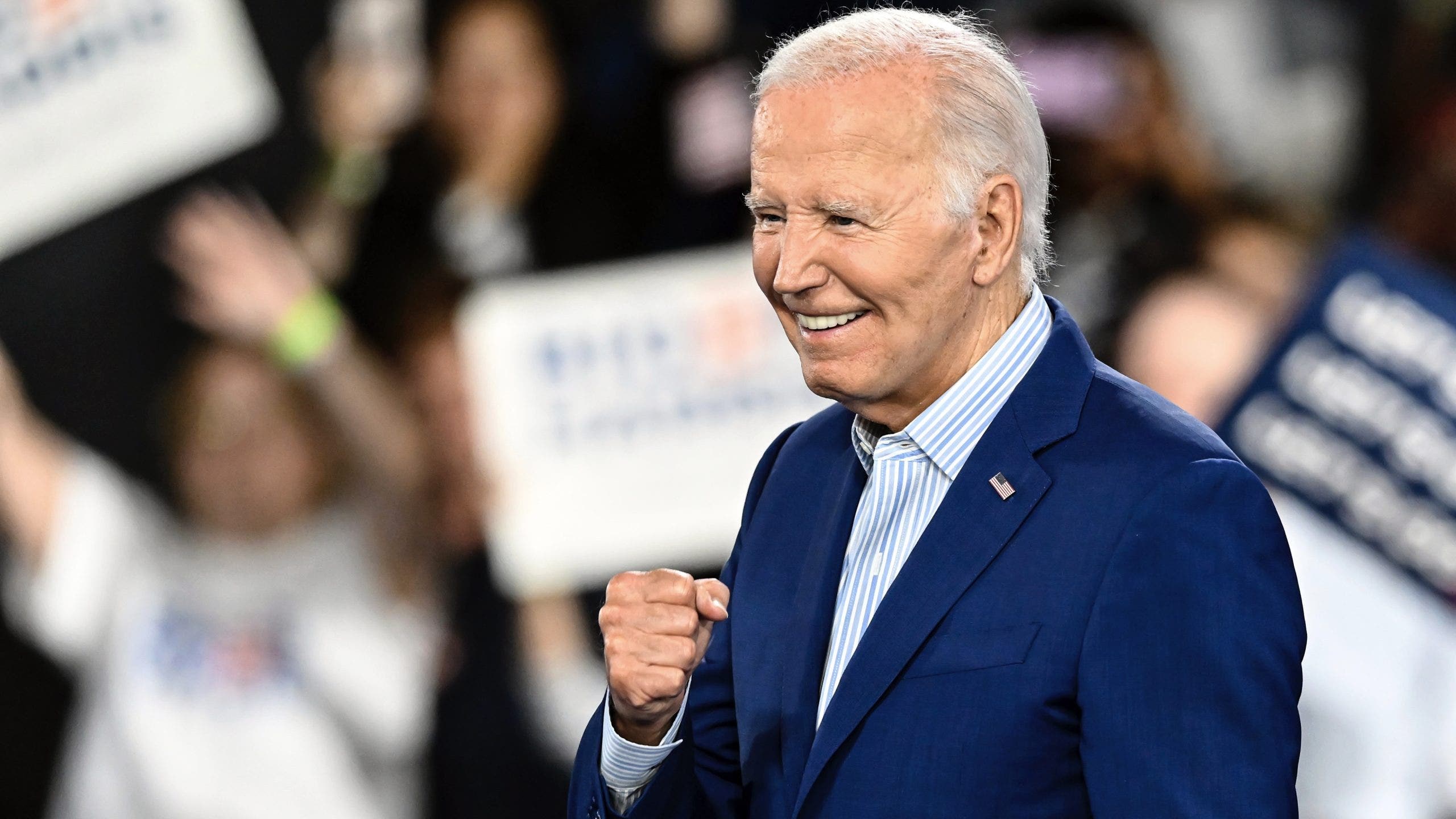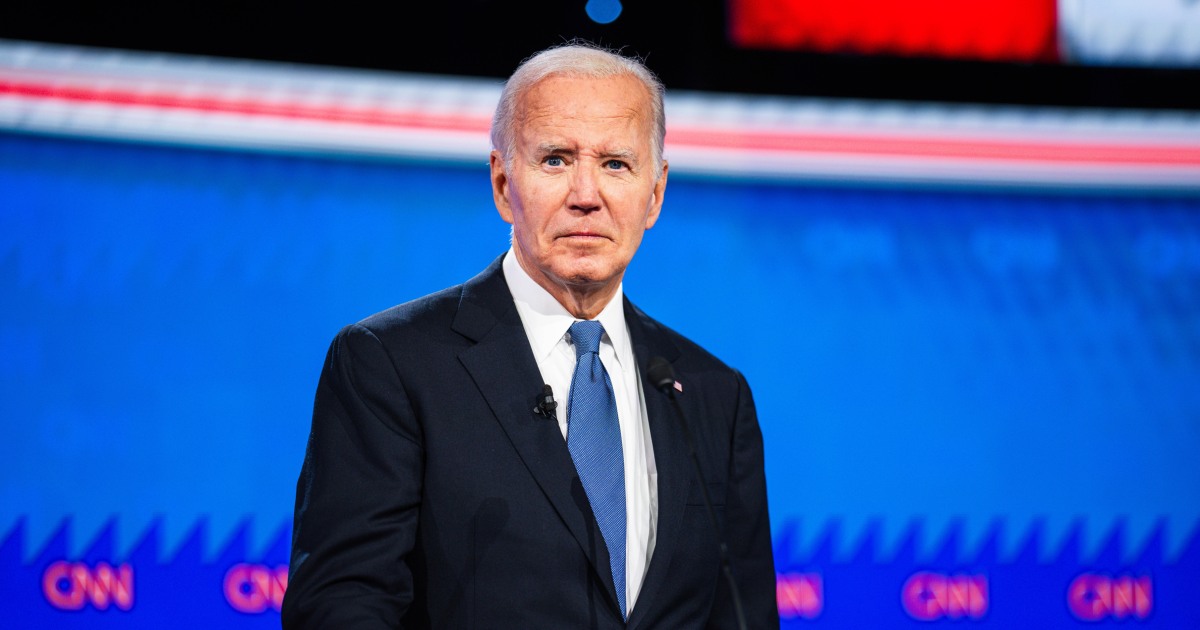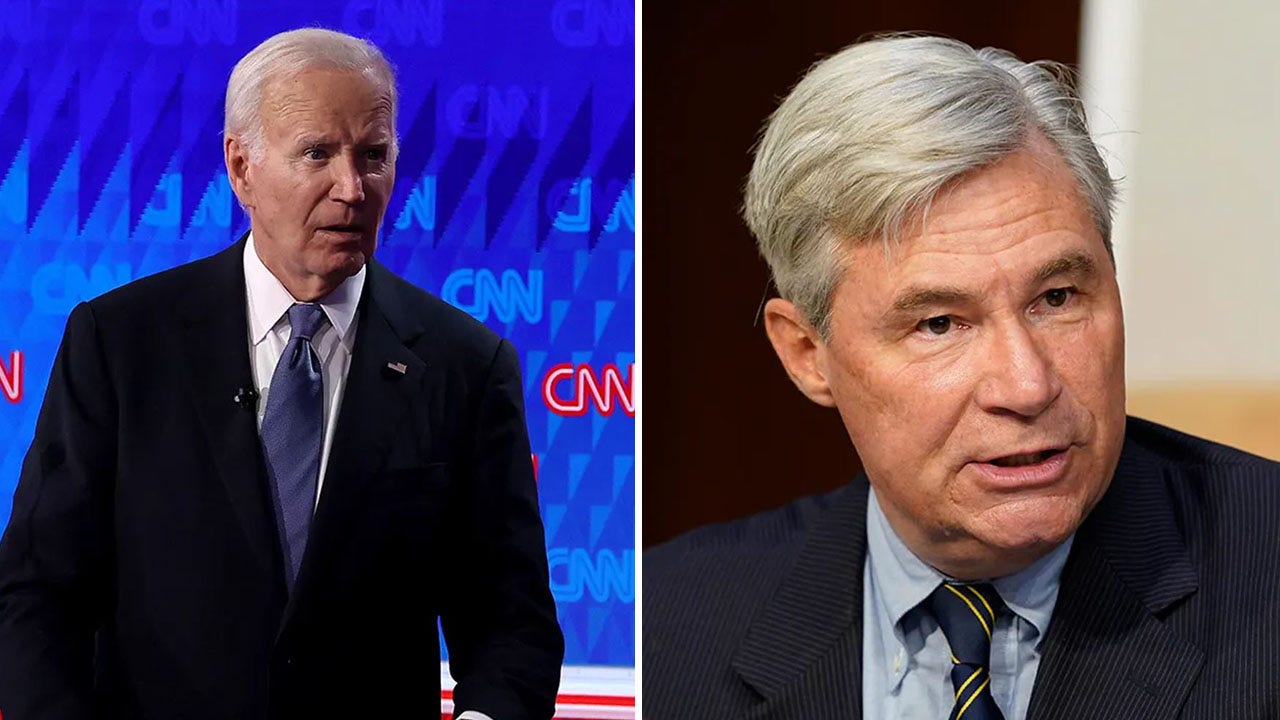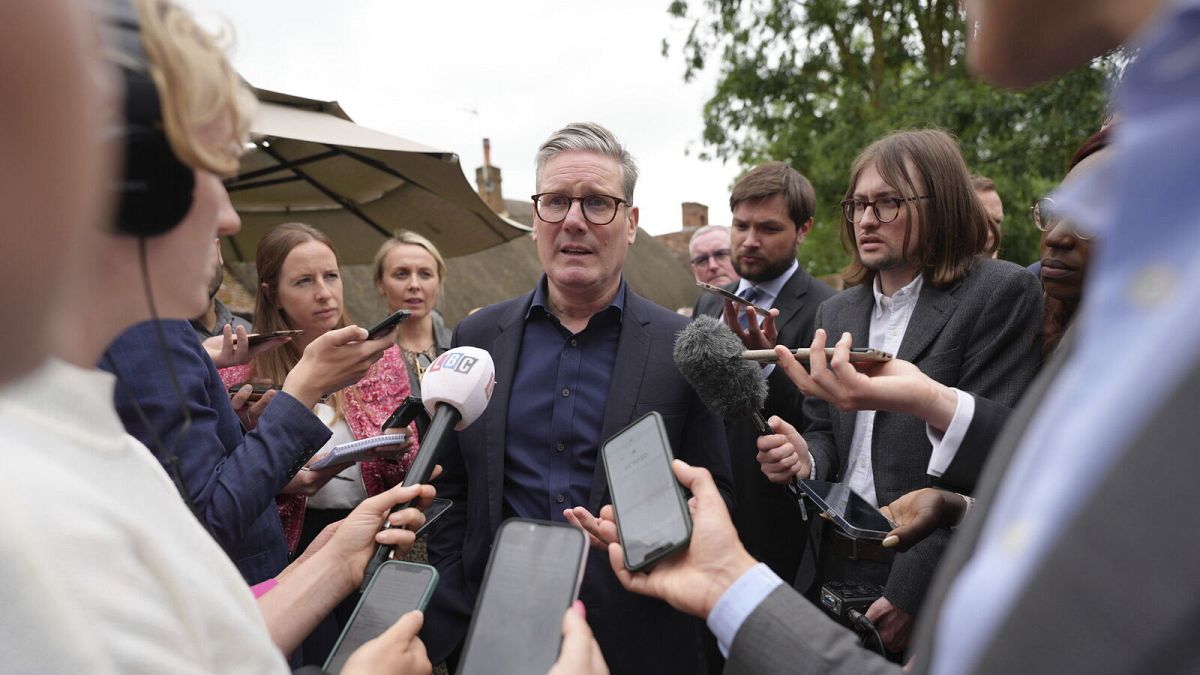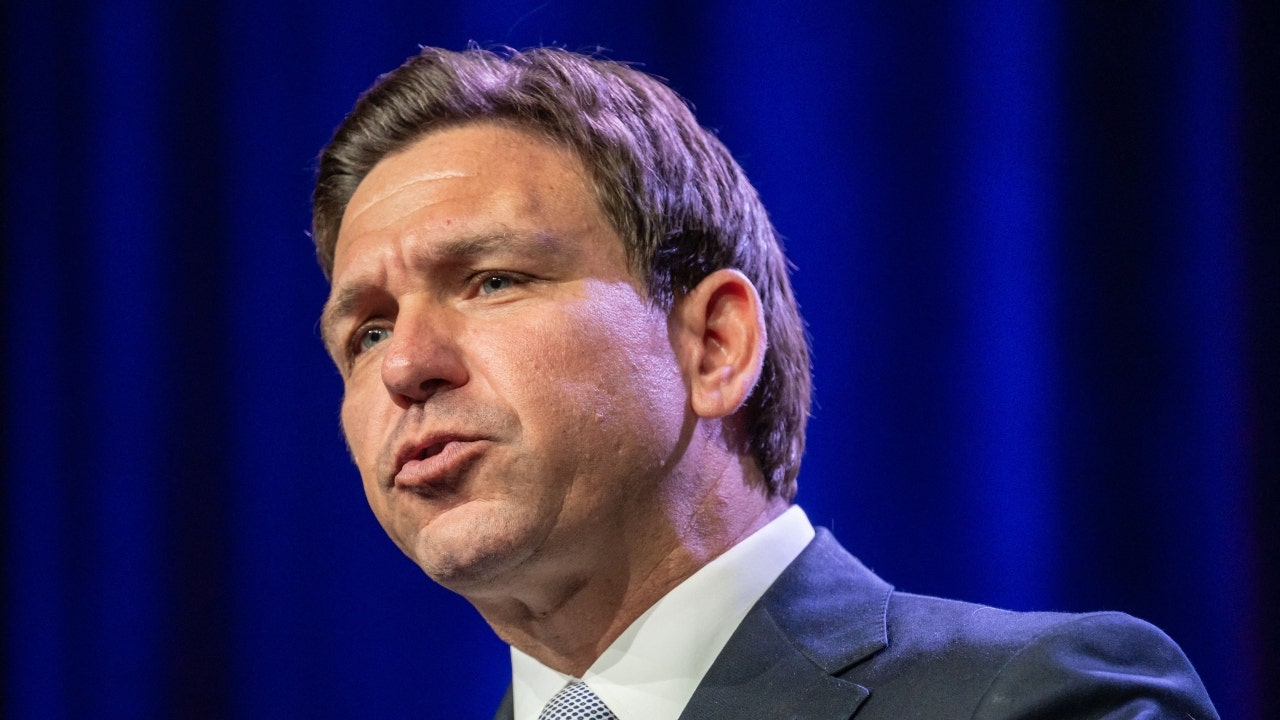Tourists wandering beside the canals of Venice or visiting the Tintorettos at the Scuola Grande di San Rocco probably do not often have the history of banking at the forefront of their minds.
But Paolo Zannoni, author of Money and Promises: Seven Deals that Changed the World and himself a banker by trade, adviser to Goldman Sachs and on the board of Prada Group, would like to put it higher on their agenda. For those interested in the niche history of how early banking promises between states, lenders and traders were made from 15th century Venice to the founding of the Bank of England in the 17th century and on to the Russian Revolution in 1917, this is the book for them.
Much of Money and Promises focuses on the historical development of different types of banks and governments, and how they evolved ways of exchanging physical coins with promises to pay, often driven by costly wars that made financial innovation a necessity.
Zannoni states in the opening chapter that debt is not a bad thing; that states have, in fact, used the debts of banks to help their citizens survive and prosper. The case is made for this subtly, through multiple historical examples, rather than hammering home a central thesis.
We learn about the early microfinance schemes of the Franciscan monks in the 15th century, who took coins from wealthy donors and loaned them out to the poor in temporary need of assistance.
These schemes led to the establishment of the banking charities of Naples, and the development of the unusual “credit pledges” — once cashed in by none other than the painter Caravaggio to be spent on gambling and women. We learn about the group of “wily” European exchange bankers who pegged the ecu de marc currency to stable gold coins in the 16th century, a move that foreshadowed by hundreds of years the Bretton Woods agreement in 1944.
Interesting historical titbits about accounting and banking include a chapter devoted to the use of tally sticks as an accounting tool, which led to the emergence of successful London banking houses, such as Hoare & Co, in the 17th century. It was literally a method of passing broken sticks around in place of money or promises to pay, some of which survive in the Bank of England’s vaults today. Zannoni recounts how the Bank used tallies to improve the country’s public finances by the early 18th century.
While much of the historical content is second hand, as the lengthy bibliography for each chapter attests, the author also does extensive original research of his own, such as finding the ledger covering the earliest months of Venice’s Banco Giro in 1619. In a separate investigation, he reveals that 18th-century economist Ferdinando Galiani had a taste for the finest chocolate in Naples — which he paid for using bank debts.
That Zannoni is excited by visits to old archives to examine ledgers is clear, describing at one point his discovery of how banking charities in Naples operated as “thrilling, fascinating, occasionally bewildering”.
But, this is not an explainer book or one hugely accessible to the lay reader, despite the inclusion of some simple diagrams in the first chapter to show how traders in Pisa in the Middle Ages promised to pay each other by writing it down in bank ledgers. Relatively high-level economic issues are discussed: the drawbacks to a system of exchanging public debt for bank debt is raised in various chapters through a historical lens.
Most of the book deals with different banking systems in European cities but, for the last two chapters, it looks at the emergence of money as debt in colonial America and Lenin’s early thoughts on Bolshevik banking at the time of the Russian Revolution. Here, Zannoni charts the development of the State Bank and makes the point that: “in different cultures, at different times, under different regimes, and yet in very similar ways, states and nations deal with banks to achieve their purposes and goals, paying for goods with banks’ promises to pay”.
Zannoni says this book is his apologia pro vita sua — a reference to English theologian John Henry Newman’s history of his religious opinions, a 19th-century series of texts whose success saw the Catholic convert’s reputation repaired. It is not clear that Zannoni would have reason to seek a similar rehabilitation — unless, perhaps, it is a wry reference to being a banker. But, in any case, this book is less personal and more a quirky history of early lending practices and how nascent states and financial institutions have developed together, to enable functioning economies and societies.
Money and Promises: Seven Deals that Changed the World by Paolo Zannoni (Bloomsbury, £25)
This article is part of FT Wealth, a section providing in-depth coverage of philanthropy, entrepreneurs, family offices, as well as alternative and impact investment



















